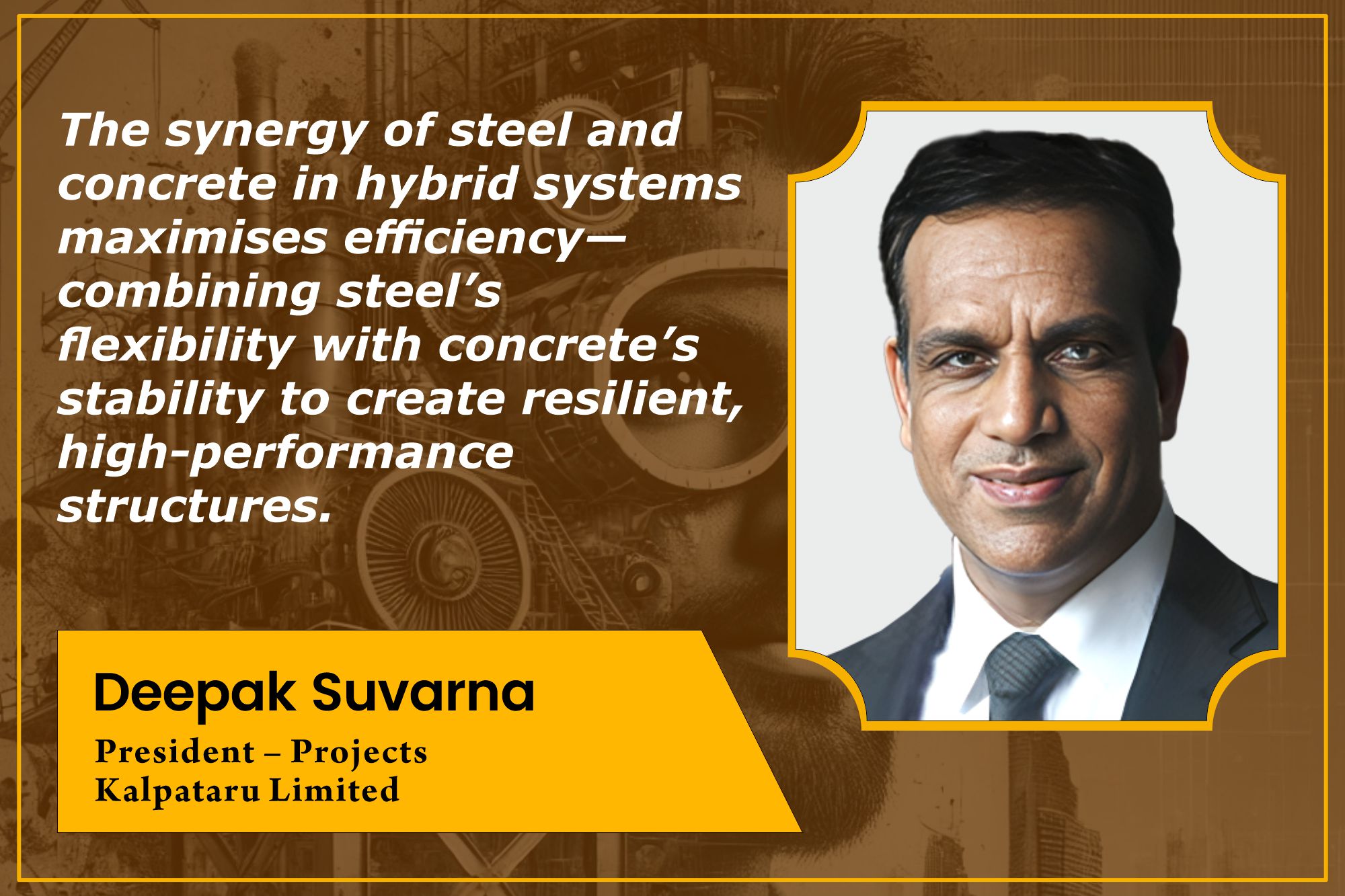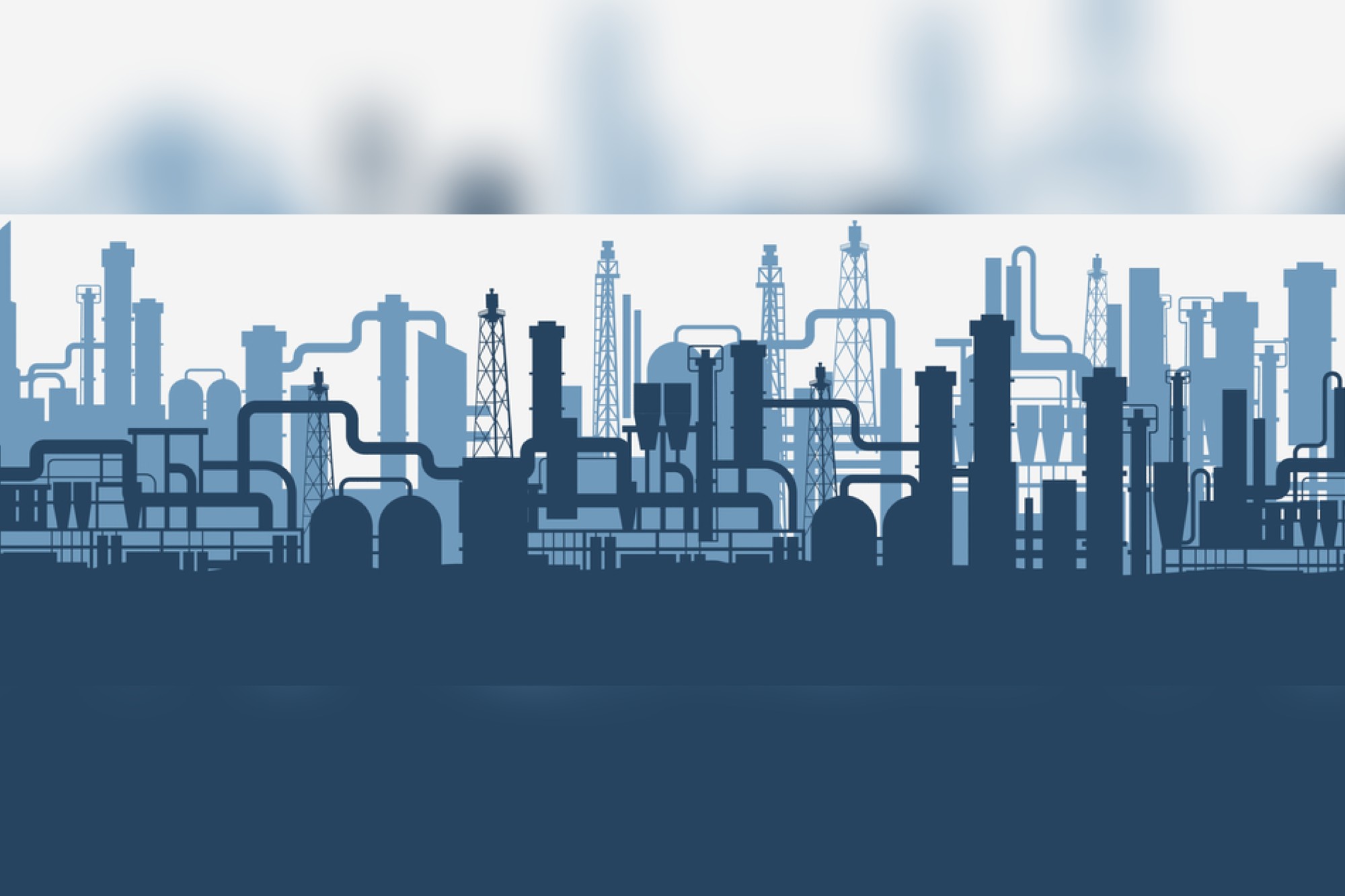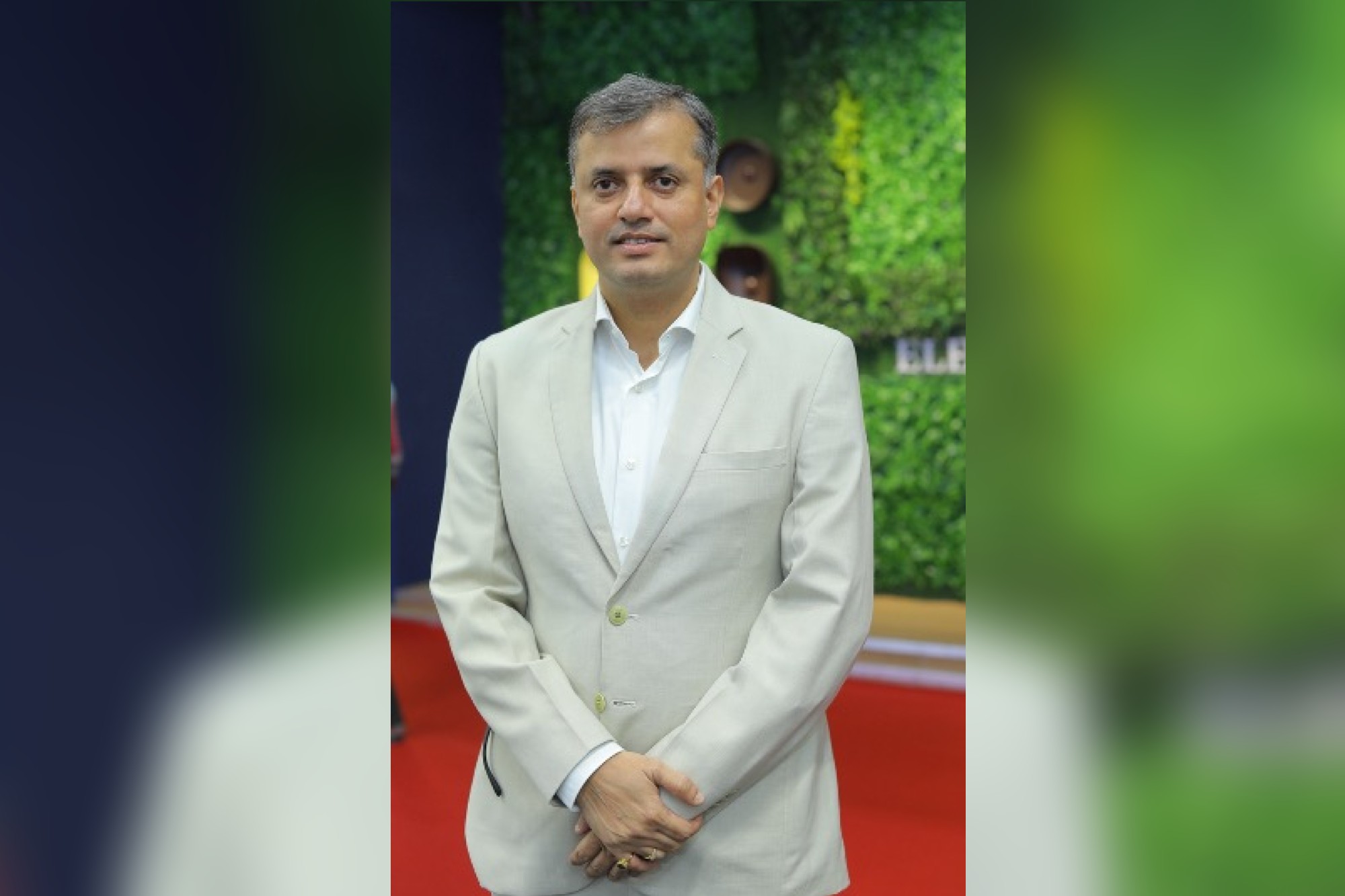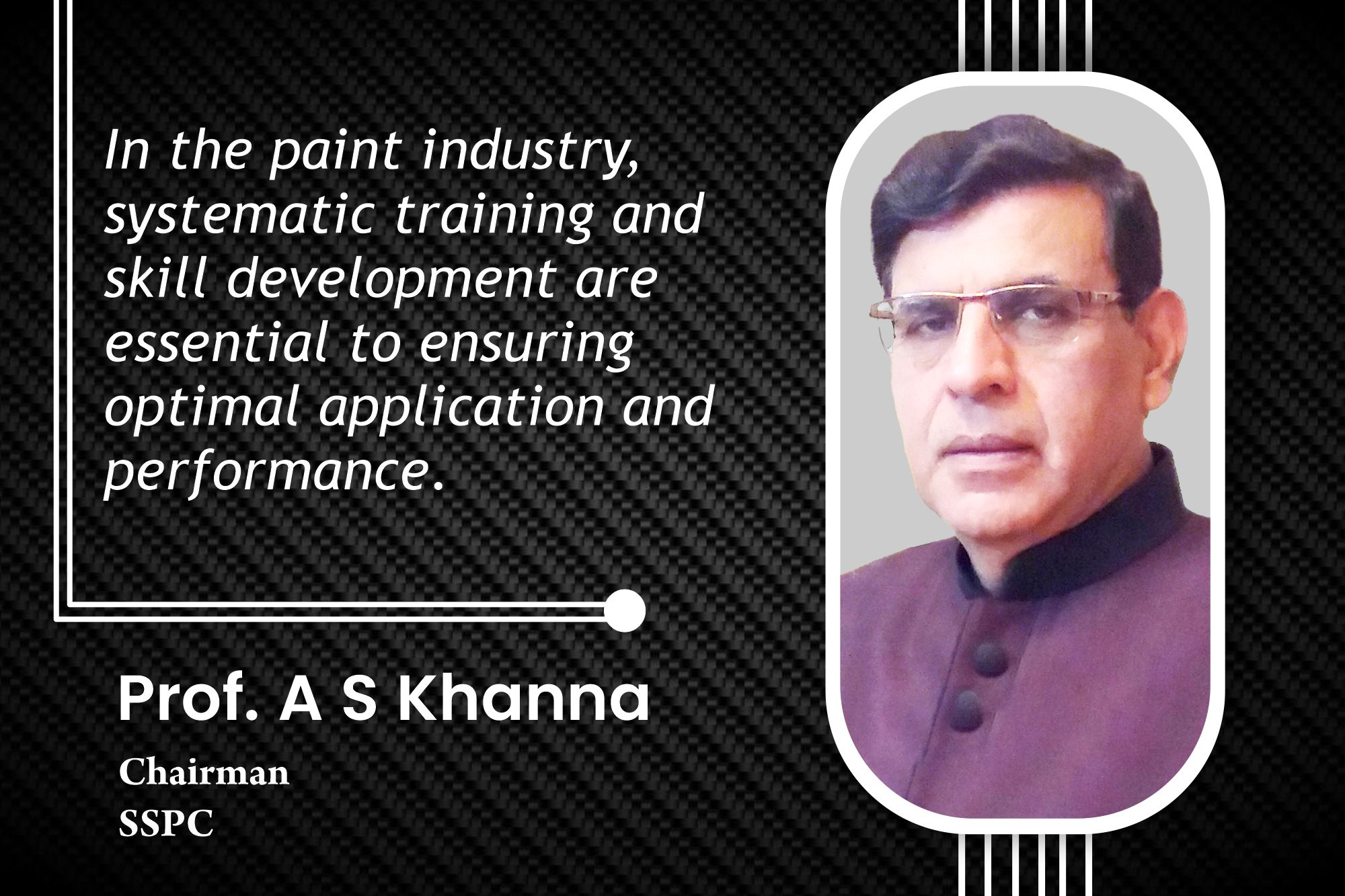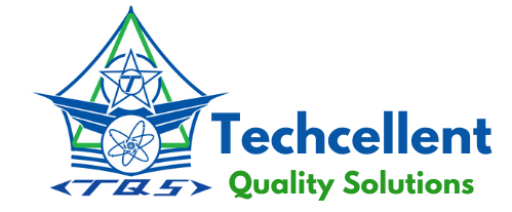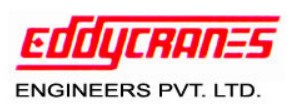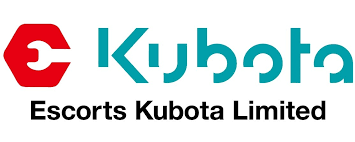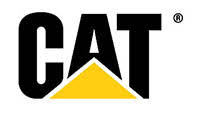‘Corrosion and its Control’ a compulsory subject for engineering projects
By Edit Team | July 15, 2019 10:24 am SHARE
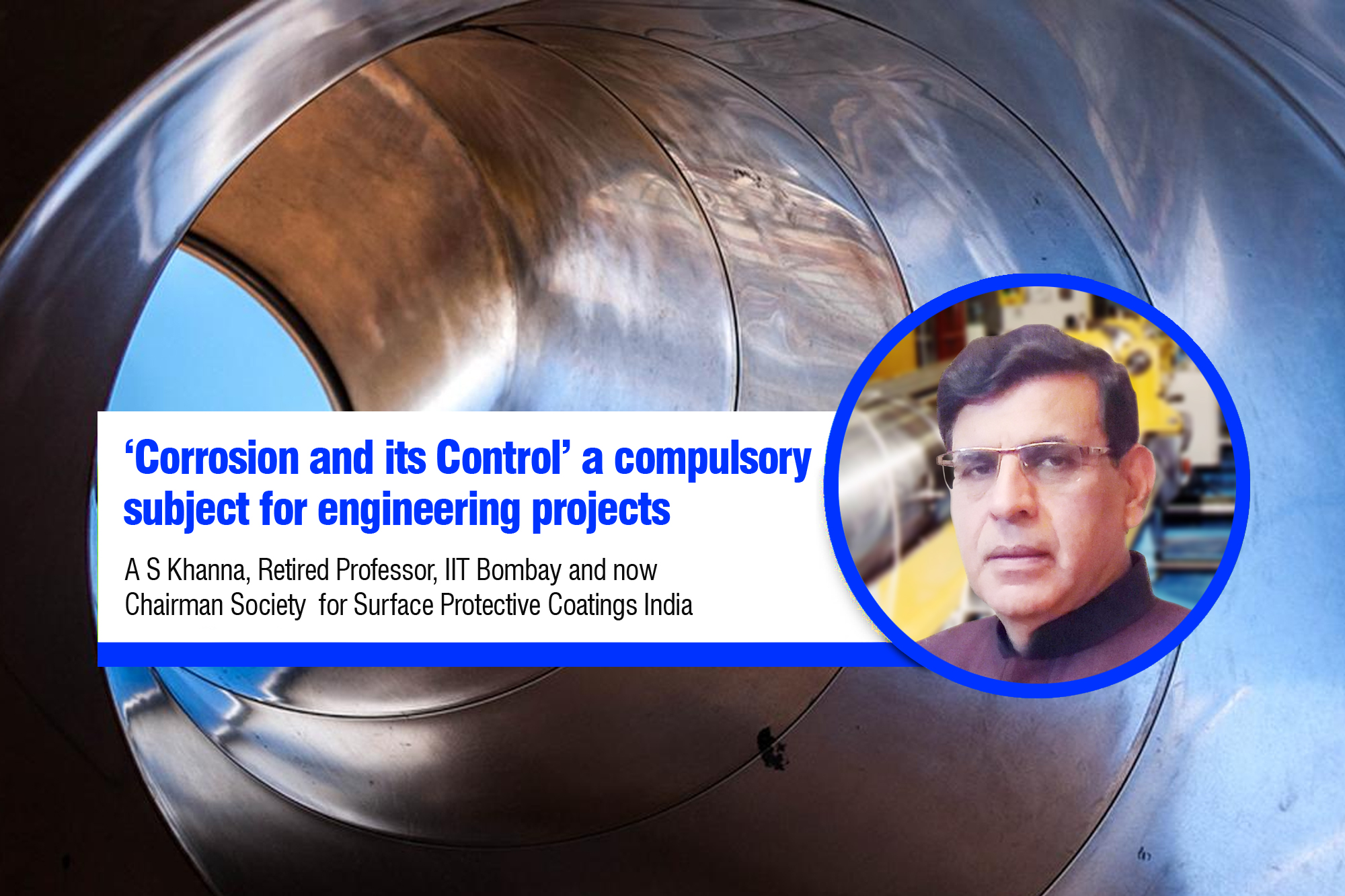
Lack of awareness about corrosion and its protection strategies is one of the main limitations of losses due to corrosion.
To achieve superior specific properties on the surface than in the bulk, using a host of techniques clubbed as conventional and advanced, and to understand surfaces using many surface analytical techniques, the Surface Engineering is the most important topic, according to A S Khanna, Chairman, Society for Surface Protective Coatings India.
Being one of the most effective techniques of surface modification and surface engineering, how do you see the market for Surface coating in India as to globally?
One of the most important conventional techniques of surface modification is the use of Organic Paint Coatings, which alone has a market in India, amounting to Rs.65000 CR, compared to international market of 1.58 b US $. Other conventional techniques are hot dip coatings, galvanization which also has a huge market of about 3000 CR including other hot dip methods such as aluminizing. Another important conventional technique is electroplating which may have a market of about 12000CR. Some of the advanced surface modification techniques are physical vapour deposition (PVD), chemical vapour deposition (CVD), thermal spray, and laser surface modification, a combined market of all these would be about 2000 CR in India. This is mainly because of very costly equipment required for application. The specific properties which can be improved using surface modification are corrosion protection, oxidation resistance, enhanced hardness, surface conductivity, reflectivity and many others. Many surface analytical techniques used to understand surfaces are optical microscopy, electron microscopy, X-ray diffraction, Auger Electron spectroscopy, Atomic Force spectroscopy and many other.
What are the criteria for choosing the right quality of surface coating?
Several factors are required to be considered to choose a right quality of technique for surface coatings such as ease of application, cheap or cost effective, life and durability, thickness of the coating, and in many cases on the modification in the specific surface property required.
Ease of application is very important. Paint coatings which can be applied by just a brush are quite popular and therefore have great market. Secondly paint coatings can be applied from very thin coating from a few micron to mm thickness level. Third, manufacturing of paint coatings is relatively simple and involves basically mixing of raw materials, followed by thorough mixing. Galvanisation or hot dip coatings require large facilities high temperature baths, large cranes to carry parts to be coated for dipping and removing. In fact, it is a yard coating technique. Various advanced surface engineering techniques can be classified based on thickness that can be achieved as compared in the chart:
What are the emerging corrosion issues? How can their negative impact be minimised through appropriate material selection, mitigation and monitoring?
Corrosion of materials including metal, alloys and other non-metallic materials is a serious problem. It is a natural process and therefore cannot be eliminated but can be minimised by a suitably selected protection technique. The impact of corrosion is very high. More than 50 per cent of steel is required to replace the existing steel which has been deteriorated. Annual losses due to corrosion in many developed countries are about 3 per cent of their GDP and the loss due to corrosion in India is estimated about Rs.100,000 CR per annum. The main concerns for this are the poor awareness about corrosion and its preventive methods, poor knowledge about the management of corrosion in industry and to a greater extent lack of regulations about corrosion and its implication on health and safety.
In terms of creating awareness in Industry for the modern technologies, what kind of initiatives are you taking?
Lack of awareness about corrosion and its protection strategies is one of the main limitations of losses due to corrosion. The reasons for this poor awareness are limited number of corrosion curricula in the engineering colleges and universities and limited number of Government institutes, focusing on corrosion education and its research. Very few institutes give degrees in corrosion and even after getting degree in corrosion, there are very job opportunities for students acquiring a master’s degree in Corrosion. In the last three decades, commendable work has been done by professional bodies such as NACE, SSPC, Electrochemical Society of India, and National Institute of Corrosion by organising regular courses on corrosion and its prevention, coatings for corrosion protection and surface engineering. This has helped a lot and a substantial awareness has been created among masses and skilled workers trained in corrosion protection are coming to market. Further steps are required to make “Corrosion and its Control” a compulsory subject for all engineering curriculum, sponsorship of more projects on this subject by industries and strict rules and regulations from central government and state government on toxic corrosion products mixing in the environment and health and safety of the plant.
With the changing market scenario, how are you training the new generation to handle the new challenges?
The well known methods of corrosion protection are: protection by better materials selection, protection by use of chemical inhibitors, protection by cathodic protection and protection by organic paint coatings. Our various training programs for paint coating, inspection and quality assurance – a 3-day (level 1) certification program and a 4-day (level 2) certification program, a 2-day course on surface engineering for automobile industry, a 2-day course on pipeline corrosion – covering issues like corrosion of underground pipelines, pipeline integrity, asset integrity, a 2-day course on corrosion and its control in refineries, petrochemical plants and power plants and corrosion of concrete structures. We have also opened a Paint Testing and Evaluation laboratory called SECC- a reliable laboratory for paint testing and evaluation – an NABL accredited laboratory.
What is the USP of your institute in terms of skill development? Government has provisioned many programs for skill development how you are abiding with those norms and proceeding to create required skill?
Our course on paint coating, inspection and quality assurance has a one-daypractical training helps participants to learn practical skills in paint application and in various paint coating data measurements. Many people trained under this course are appointed as coating inspectors and supervisors by paint contractors and applicators for site jobs. Secondly, we also created a paint testing lab where we can provide skill development training by making a 7-day practical training course. We also organize in-house courses for industry at their premises.
For more details:
www.sspcindia.org
A S Khanna,
Retired Professor,
IIT Bombay and now Chairman
Society for Surface
Protective Coatings India
Cookie Consent
We use cookies to personalize your experience. By continuing to visit this website you agree to our Terms & Conditions, Privacy Policy and Cookie Policy.



